The Catholic Priest says that the government is either unable to unite factions or is “unwilling to put order in the army and the state.”
“But we cannot also forget the unhelpful interference of the foreign nations who sustain the war on oil and mineral interests,” he says, and adds, “There are long lists of rich nations with middle-men from the neighboring countries who are the undeniable perpetrators of war.”
The Indian Salesian Priest who has been ministering in East Africa for more than two decades says that the war situation in South Sudan made it impossible for civilians to cultivate their food for years.
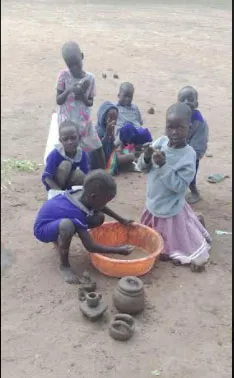 Credit: Fr. Lazar Arasu
Credit: Fr. Lazar Arasu
Others, he says, have been forced to look for schools to enroll their children in Uganda, a country that is also experiencing challenges in its education sector. Unfortunately, he adds, “after COVID-19, schools in Uganda go through enormous difficulties even for their own citizens.”
(Story continues below)
Fr. Arasu predicts that due to the ongoing instability in South Sudan and continuous movements across the border as well as population growth, the arrival of new refugees from South Sudan is “expected to increase by 811,000 persons by the end of 2022.”
“Aid agencies such as Don Bosco Missionaries witness that in the last three weeks alone at least 800 new refugees have arrived in Palabek Refugee Settlement in Lamwo district, which borders the South Sudan Eastern Equatoria state,” he says
According to the SDB Priest, all the new arrivals are temporarily accommodated at the entrance of the settlement commonly called “Reception Center”, which he says is at the moment filled to the brim.
 Credit: Fr. Lazar Arasu
Credit: Fr. Lazar Arasu
“The shelter sheds are full to capacity and refugees have taken shelter under the roadside trees. Indeed, it is a pathetic sight!” he says.
Fr. Arasu says that refugees arriving in Uganda are also spending months before they get the assistance they require to settle down in the East African country.
“It is a norm that when the new refugees arrive, within 15 days they ought to be registered with UNHCR and Office of the Prime Minister, the designated government body responsible for the care of refugees in Uganda and be taken to the plot of land,” the Salesian Priest recounts in his message shared with ACI Africa March 28.
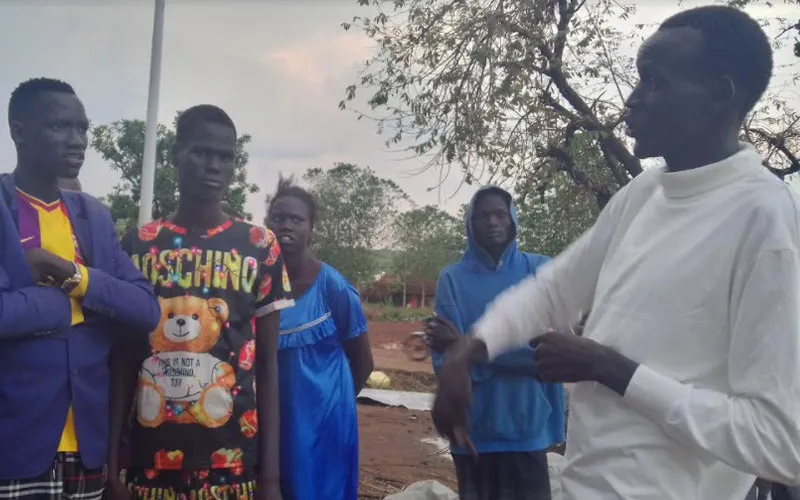 Credit: Fr. Lazar Arasu
Credit: Fr. Lazar Arasu
He adds, “It is also mandated that they (refugees) be give a Start Up Kit consisting of a large tarpaulin, a few pieces of wooden tree poles, and a few meters of ropes to make a shelter; and other items such as a set of utensils, blankets and a few other household items are given.”
“It is not always easy for the responsible organizations/agents to provide these items on time. And many other logistics often make the refugees stay in the waiting shelters even for months,” Fr. Arasu says.
He describes South Sudan as “an oil and mineral rich nation (that) has one of the world’s longest histories of war and conflict.”
“The neglected refugees only remind us that the rich nations have given into donor fatigue. But the fact is refugees who are often the most vulnerable people on earth are being neglected and pushed to greater misery,” the Salesian Priest says in his message shared with ACI Africa March 28.
Agnes Aineah is a Kenyan journalist with a background in digital and newspaper reporting. She holds a Master of Arts in Digital Journalism from the Aga Khan University, Graduate School of Media and Communications and a Bachelor's Degree in Linguistics, Media and Communications from Kenya's Moi University. Agnes currently serves as a journalist for ACI Africa.
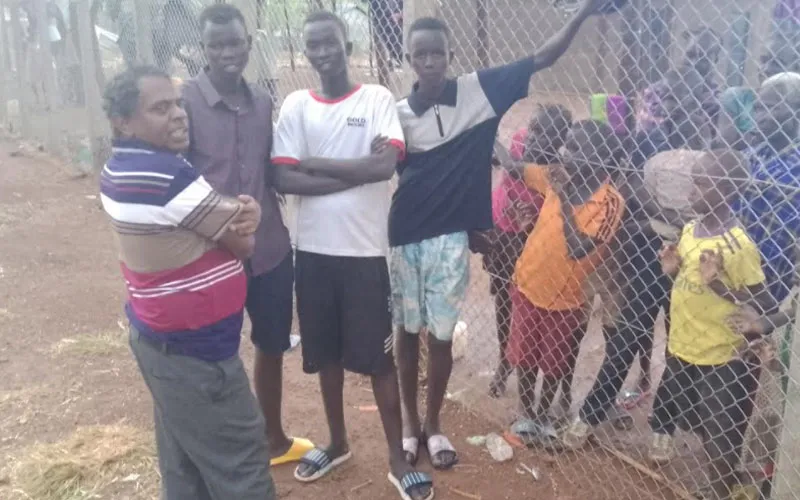 Credit: Fr. Lazar Arasu
Credit: Fr. Lazar Arasu


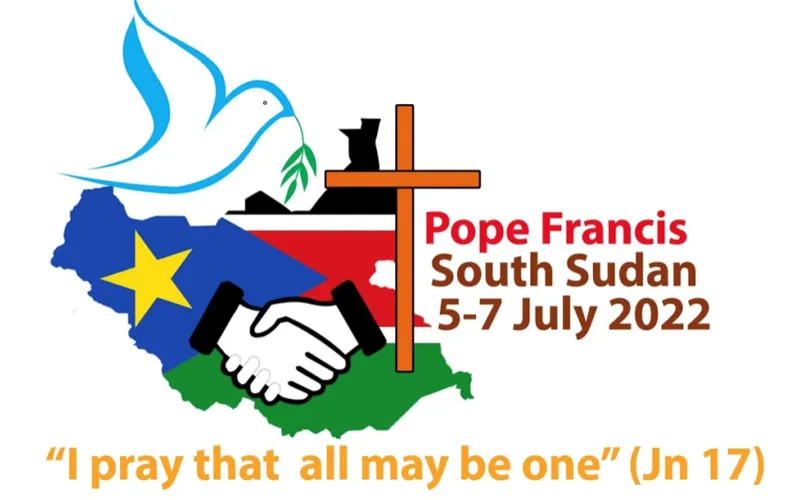

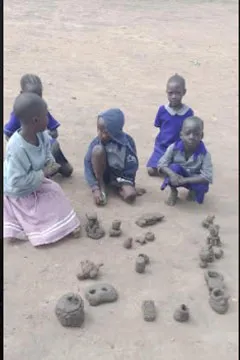 Credit: Fr. Lazar Arasu
Credit: Fr. Lazar Arasu Credit: Fr. Lazar Arasu
Credit: Fr. Lazar Arasu Credit: Fr. Lazar Arasu
Credit: Fr. Lazar Arasu Credit: Fr. Lazar Arasu
Credit: Fr. Lazar Arasu


